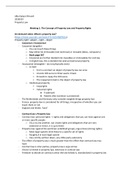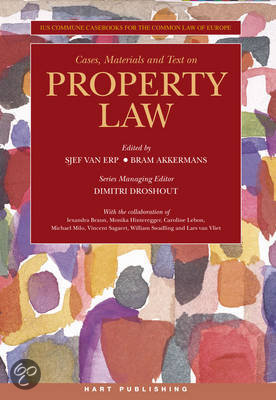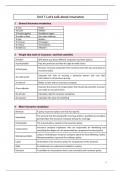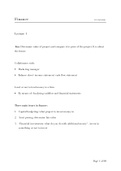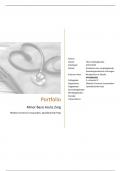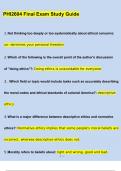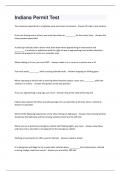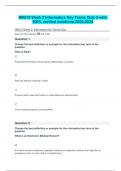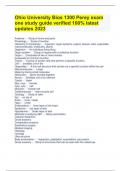Samenvatting
Summary of Cases, Materials and Text on Property Law by Sjef van Erp + Class Notes
- Instelling
- Tilburg University (UVT)
An inclusive summary of the book Cases, Materials and Text on Property Law by Sjef van Erp used in the course of Property Law. The summary also includes notes from class.
[Meer zien]
